Our breathing patterns influence our mood, attention span, and various brain processes and networks. Paced breathing extends beyond the brainstem’s neural networks, playing a role in regulating emotions, attention, and body awareness. It involves conscious inhalation and exhalation exercises following a specific rhythm. While it’s commonly believed that the brain solely governs our breathing, the reality is more nuanced: our breath can influence numerous neural activities and brain functions.
Research indicates that activity in the amygdala, a region of the brain, correlates with a person’s breathing rate, which can, in turn, trigger emotions such as anxiety, panic attacks, anger, or fear. By slowing down one’s breathing, these emotional reactions can also be moderated.
Different breathing patterns, whether rapid, intentional, or attention-focused, can activate brain triggers affecting our thoughts, feelings, and behaviors. As a result, specific breathing practices can serve as tools to help individuals manage their thoughts, moods, and experiences more effectively. Mindful.org has published new research that delves into the relationship between breathing patterns and the brain processes and networks that influence our mood, attention, and body awareness.






